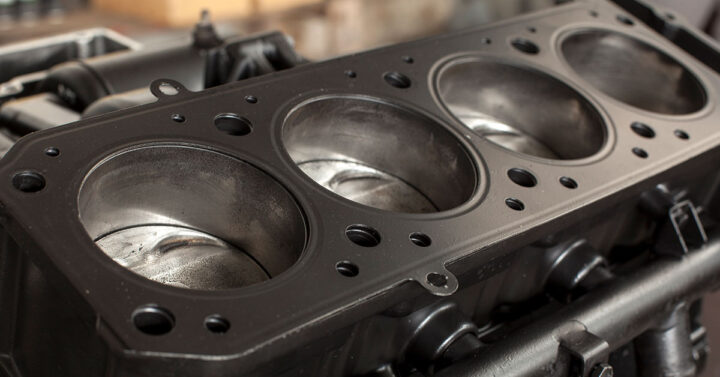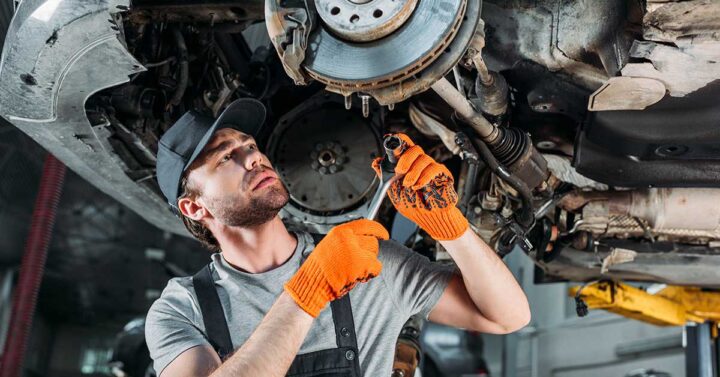What Causes A Blown Head Gasket & How To Avoid It
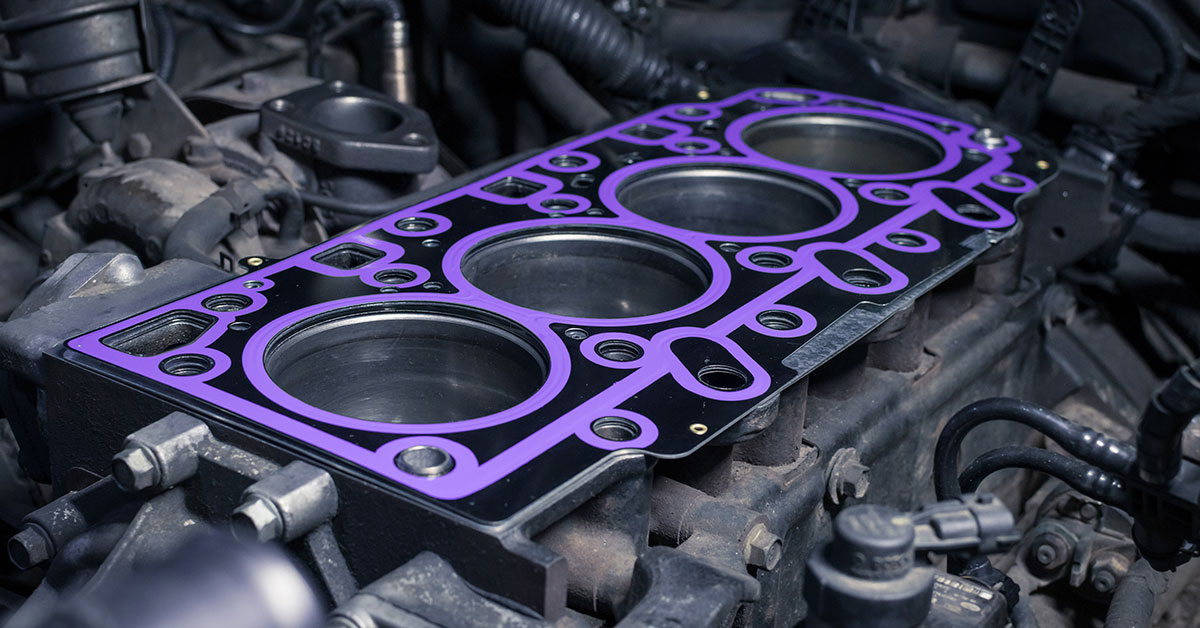
A blown head gasket can be a costly repair if not caught early. It’s caused by excessive heat, pressure and inadequate cooling in the engine.
Fortunately, there are ways to prevent a blown head gasket from occurring. In this article, we’ll discuss what causes a head gasket failure and how you can avoid it through proper maintenance.
With the right precautions and regular check-ups, you can keep your vehicle running smoothly for years to come.
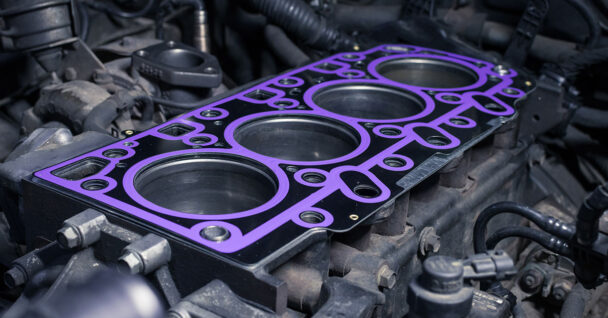

What Is A Head Gasket
A head gasket is a small, thin metal seal located between the cylinder head and the engine block. It creates a tight seal that helps contain the pressure created by combustion within the piston cylinders of your engine.
When this seal fails, you can experience coolant or oil leaks as well as reduced power output from your engine.
Essentially A blown head gasket is one of the most serious and costly problems that can occur in a car engine.
What Causes A Blown Head Gasket?
The way to damage your head gasket is through an excessive amount of pressure building up inside the engine. As the seal fails, coolant or oil can leak out into other parts of the engine, causing damage to components like pistons and valves.
The result? An expensive repair bill if not caught early enough. By understanding the causes that can lead to this happening, you can take the necessary steps to prevent it.
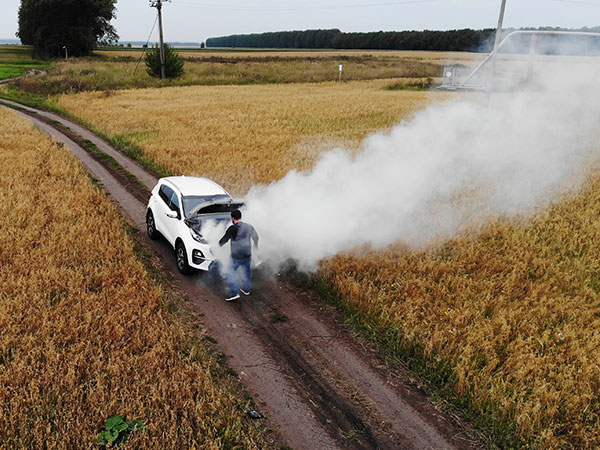

Engine Overheating
The number one cause of a blown head gasket is engine overheating. If your engine gets too hot, it can expand and put pressure on the cylinder heads causing them to crack or warp, eventually leading to a blown head gasket.
Overheating can be caused by inadequate cooling system maintenance such as not changing the coolant regularly or not having enough coolant in the system. It could also occur from a faulty radiator fan which is designed to cool the engine.
To prevent this make sure you keep up with your regular maintenance and be mindful of the temperature gauge on your dashboard. If it gets hot regularly there could be an issue that needs investigating.
Pressure Problems
Too much pressure inside the combustion chamber can also lead to a blown head gasket. This is usually caused by:
- Improper tuning of the fuel-air mixture.
- Overly aggressive driving habits such as “redlining” your engine.
- Driving too fast for the road conditions.
High-performance cars are especially prone to this type of issue due to their high-powered engines that generate more internal pressure than standard engines do.
To avoid this issue make sure your engine is tuned properly for your vehicle and lay off the accelerator as you drive appropriately.
Poor Installation
When replacing a head gasket, it’s important that it be installed correctly with no gaps between the surfaces that need sealing.
If there is even the slightest gap between the two surfaces then air or fluid can leak out. This could cause your new head gasket to blow prematurely. For this reason, it’s important that any replacement parts be installed correctly and securely by an experienced mechanic.
The auto mechanic needs to know how to properly torque down fasteners and inspect for any potential problems before putting your vehicle back into service after repairs have been made.
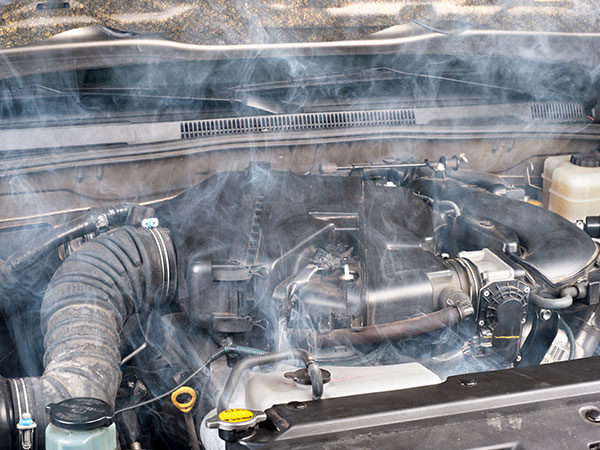

Warning Signs That Your Head Gasket Is Damaged
If you notice the following signs, then it could be an indication that your head gasket may have failed:
- White smoke coming out of the exhaust.
- Leaking coolant or oil.
- Overheating engine.
- Fouled spark plugs.
- Decreased engine power output.
When any of these signs are encountered you must stop driving and get your vehicle professionally assessed immediately. Further driving may cause irreparable damage.
Conclusion
Blown head gaskets are a serious problem for car owners that should not be ignored. Not paying attention to the warning signs can lead to severe damage to your car engine.
If you want your car to continue running smoothly and efficiently for years to come you should follow a regular servicing routine and take steps to avoid damaging your head gasket.
This includes monitoring its temperature often, using good fuel/air mixtures when tuning up your engine, and making sure all replacement parts are installed properly when making repairs on your vehicle.
Taking these steps will help ensure that you don’t experience any unwanted surprises down the road with your car.



